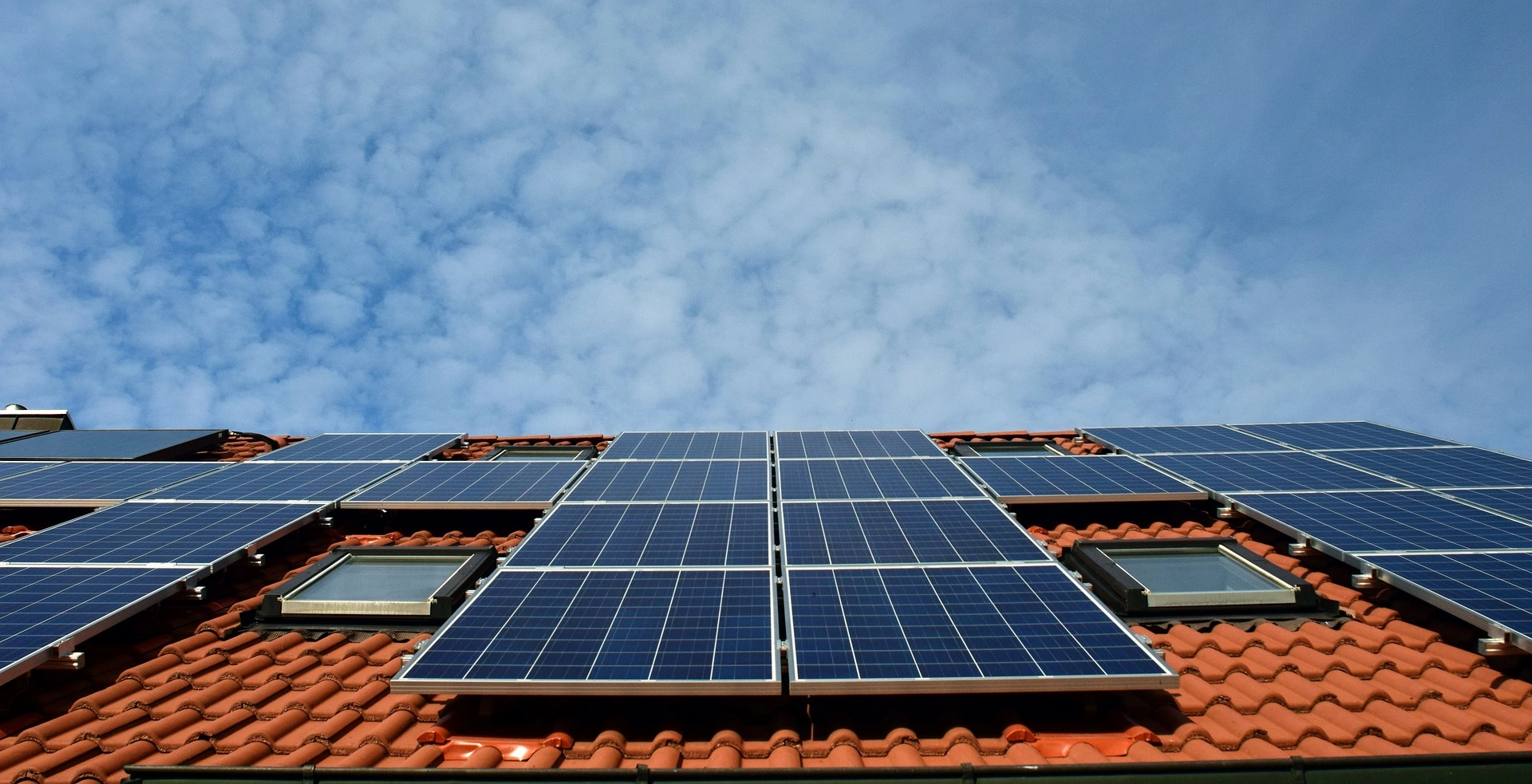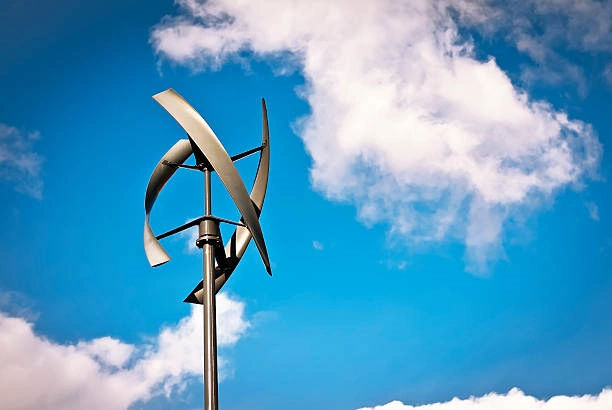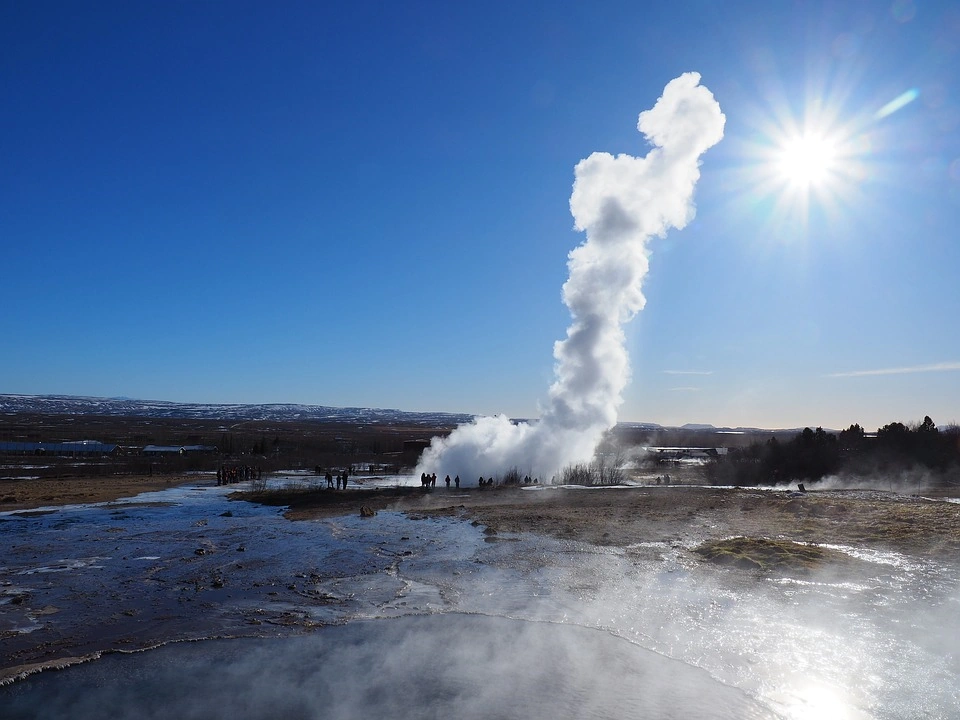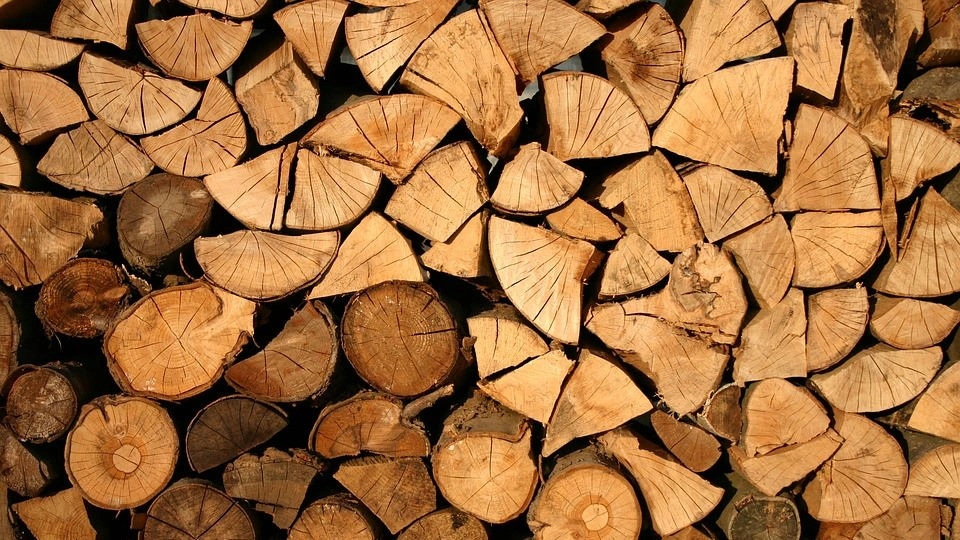Renewable energy refers to energy derived from naturally replenishing sources that are virtually limitless, such as sunlight, wind, water (hydro), biomass, and geothermal heat. Unlike finite fossil fuel resources, renewable energy is sustainable, clean, and does not contribute to greenhouse gas emissions or air pollution. It plays a vital role in mitigating climate change and creating a more sustainable and environmentally friendly energy system.
Renewable energy at home
There are several ways to use renewable energy at home. Here are a few common methods:

Solar panels
Installing solar panels on your roof or in your yard can harness sunlight to generate electricity. Solar energy can power your home's appliances, lighting, and heating/cooling systems.

Wind turbines
If you have enough space and live in a suitable location, you can consider installing a small wind turbine to generate electricity from wind power. Wind energy can supplement or replace your reliance on the grid.

Geothermal Systems
Geothermal heat pumps use the constant temperature of the earth to provide heating, cooling, and hot water for your home. By tapping into the stable underground temperature, geothermal systems can reduce energy consumption and lower utility bills.

Biomass
Biomass energy involves using organic materials such as wood pellets, agricultural residues, or biofuels to generate heat or electricity. Biomass stoves or boilers can be used for space heating or water heating.

Micro-hydro Systems
If you have a water source with sufficient flow and drop in elevation, a micro-hydro system can generate electricity using a turbine powered by flowing water.

Purchasing Renewable Energy Credits (RECs)
If installing renewable energy systems on-site is not feasible, you can still support renewable energy by purchasing Renewable Energy Credits.